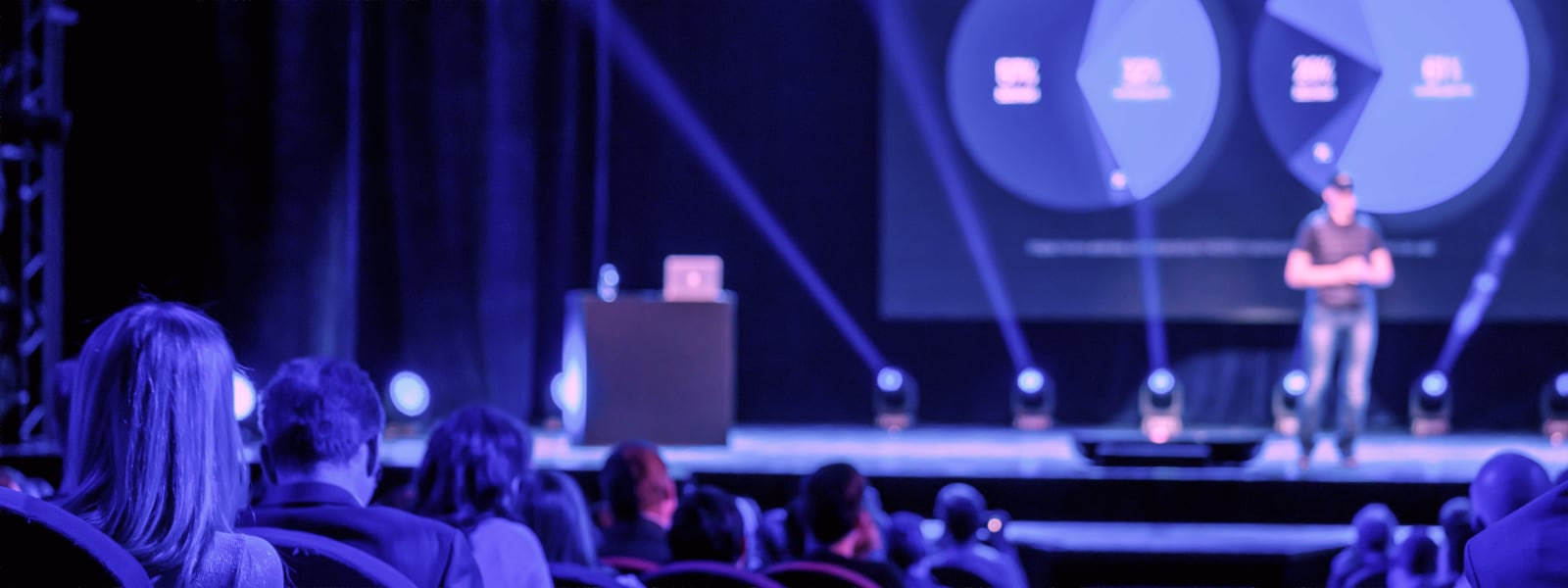Dr Philip Beeley
Linacre College, University of Oxford
Encounters with Unfathomable Boundaries. Reason, Experiment, and the Limits of Scientific Discourse in the Early Royal Society
& Workshop
Please register for the event here.
When:
Lecture: Wednesday, May 7, 16:15-17:45
Workshop: Thursday, May 8, 10:00-12:00
Where:
VUB Main Campus Etterbeek
Pleinlaan 2
1050 Elsene
Lecture: Vergaderzaal LW 5C.03
Workshop: Raadzaal C2.07a
*Free of charge*
The Vrije Universiteit Brussel and Professor Cornelis J. Schilt invite you to a lecture (7 May) and workshop (8 May) by Dr Philip Beeley (Linacre College, University of Oxford), entitled “Encounters with Unfathomable Boundaries. Reason, Experiment, and the Limits of Scientific Discourse in the Early Royal Society. This lecture is part of the ERC lecture series ‘Knowledge in International Perspective’ (KIIP).
Contact: nicolo.cantoni@vub.be and demetrios.paraschos@vub.be
Dr Philip Beeley: “The talk revisits the debate over the true laws of motion that took place in the Royal Society from October 1668 until the following year, and in which the interrelations between experimental evidence on the one side and rational theory on the other side were negotiated by three of the most prominent members of that institution, John Wallis, Chistopher Wren, and Christiaan Huygens: a debate, in which issues of scientific propriety were never far removed. For the most part, participants addressed quantifiable concepts such as mass and velocity in their deliberations on the topic, while natural phenomena such as gravitation and elasticity for which no workable scientific explanation had been achieved, were generally left out of consideration – an omission that was immediately suggested also by the absence of concensus over how elastic collision was to be understood. Against the background of this debate Wallis’s major work on the mathematica sciences, Mechanica (1669-70), proved groundbreaking, providing a clear way forward for understanding the passage from pure theory to natural philosophy by setting out a fundamental proportionality between effects and their sufficient causes. This principle which Leibniz first encountered when reading the Mechanica during his sojourn in Paris, would ultimately play a decisive role in his reform of dynamics and in particular in his formulation of the concept of conservation of vis viva.”
About the workshop
- Thursday, May 8, 10:00-12:00 Raadzaal C2.07a
Astrologers, Almanac-Makers, and Mathematicians in later seventeenth-century London. Investigations into the anatomy of an early-modern scientific eco-system
A considerable number of astrologers who plied their trade in early modern London moved in circles we might not expect to find them. Just citing a few examples helps provide a clear indication of how closely astrology in a broad sense was intertwined with scientific practice in the metropolis and beyond. One might take, for instance, George Wharton who while being a staunch defender of of both Catholicism and Copernicanism was also an industrious maker of almanacs. He could count Richard Rawlinson, fellow of The Queen’s College and a leading member of Oxford’s virtuosi among his friends. Wharton was also well acquainted with the eminent astronomer Jonas Moore. The political economist William Petty nominated Wharton on one occasion for for the prestigious astronomy chair at Gresham College in London.
Another prominent figure was John Gadbury, author of numerous astrological texts, who enjoyed a close friendship with the promoter of all things mathematical and sometime librarian of the Royal Society, John Collins. Another friend of Gadbury’s was Joshua Childrey, a mathematician, Baconian astrologer, and minister of the cloth. Childrey frequently made contributions to debates on questions of natural philosophy at the Royal Society.
It is perhaps surprising to find that the mathematician and astronomer Edmond Halley compiled Ephemerides for the Royal Society while also assisting the astrologer and physician George Parker in producing his tables. Parker for his part could count the Astronomer Royal John Flamsteed among his friends.
One might cite also William Leybourne, who initially ran a printing house with his brother but later came to prominence as a land surveyor and teacher of mathematics. Not to be forgotten, is William Lilly, who enjoyed the patronage of Elias Ashmole and succeeded in building up a large practice as an astrologer, producing almanacs and establishing ties across various milieus in London.
The aim of the workshop will be to explore in some detail the scientific relations of prominent and lesser-known figures engaged in astrological practice by means of selected texts chosen for discussion and presented in the workshop. Much work needs to be done in a field of study which has been seriously neglected in the past and this workshop also seeks to provide a good starting point for those interested in pursuing the topic further.
About Dr Philip Beeley
Dr Philip Beeley is a Research Fellow and Tutor at the University of Oxford, specializing in the history of early modern science, mathematics, and epistolary cultures. His research explores how correspondence networks shaped the emergence of modern scientific thought, the dissemination of mathematical ideas across scholarly and social spheres, and the role of cryptography in political and military affairs of the late seventeenth century. A former President of the British Society for the History of Mathematics and a member of the International Academy of the History of Science, Beeley continues to investigate the mechanisms through which knowledge circulated and transformed early modern Europe.
About Prof. Dr. Cornelis J. Schilt
Cornelis J. Schilt is a research professor in History and Philosophy of Knowledge at Vrije Universiteit Brussel, specialising in Renaissance, early modern knowledge formation in general and the life and writings of Isaac Newton in particular. In 2022, he received a prestigious ERC start-up grant. With it, he started the project VERITRACE in which he investigates the influence of ancient wisdom writings on the development of early modern natural philosophy.


